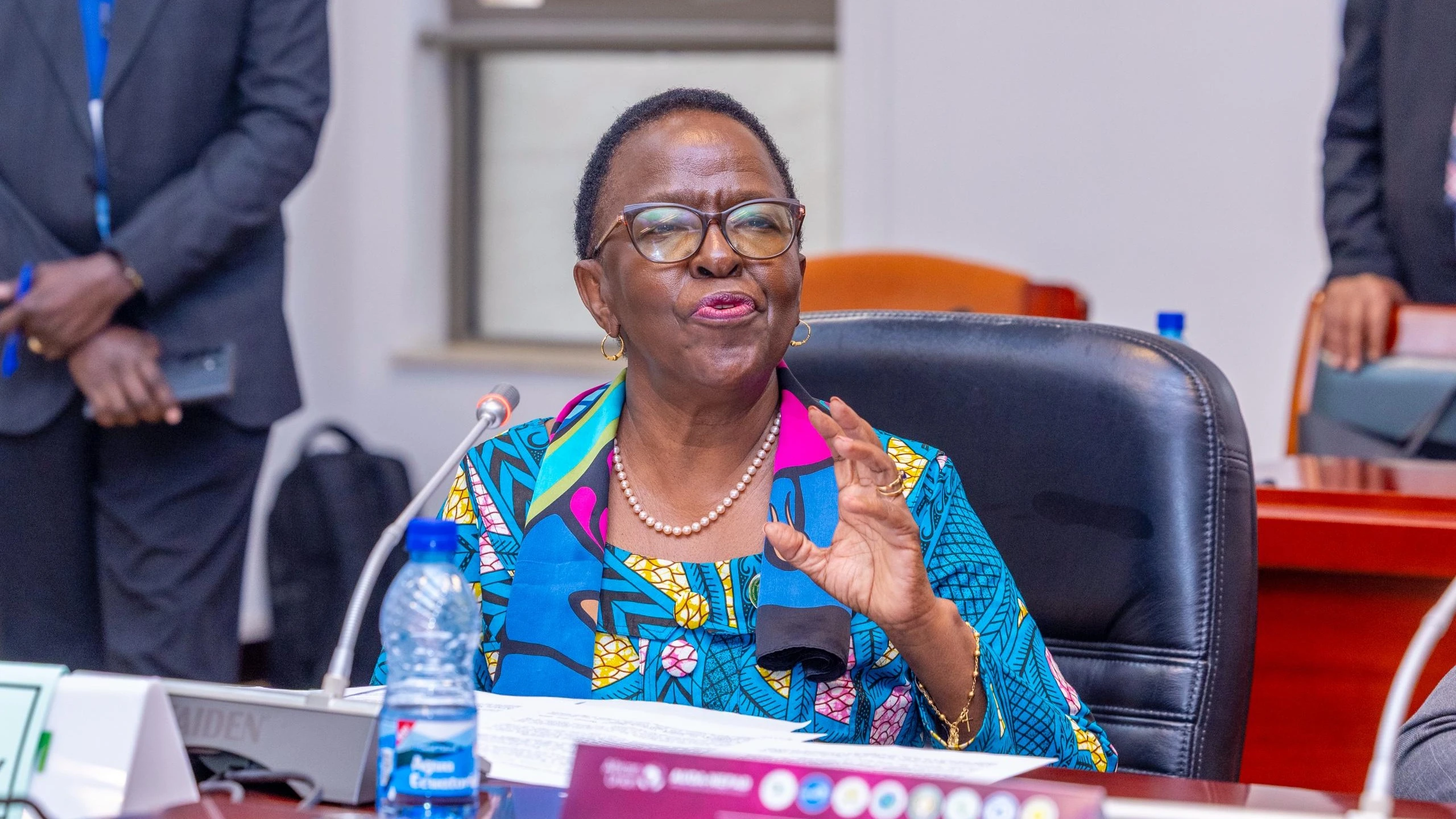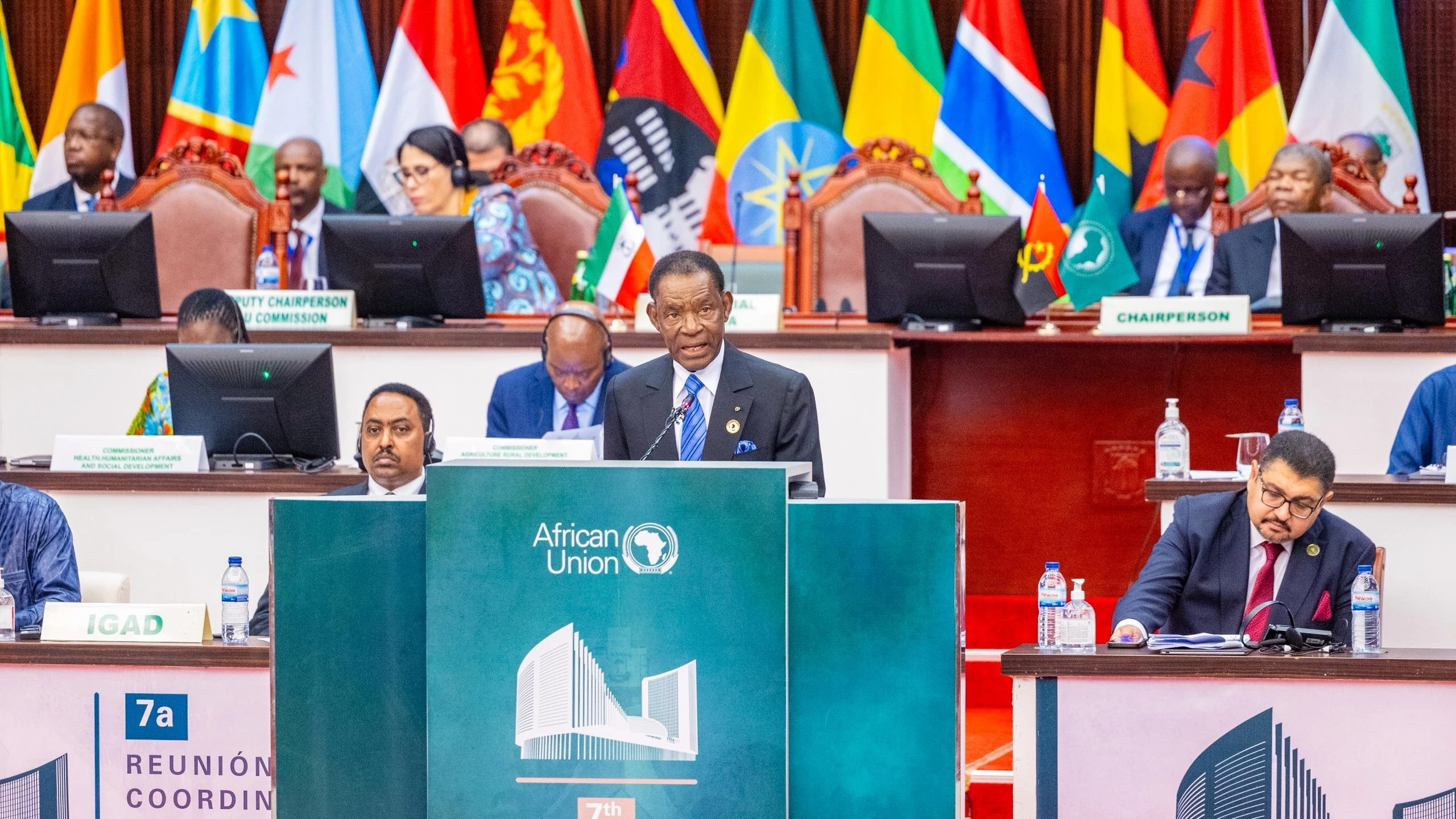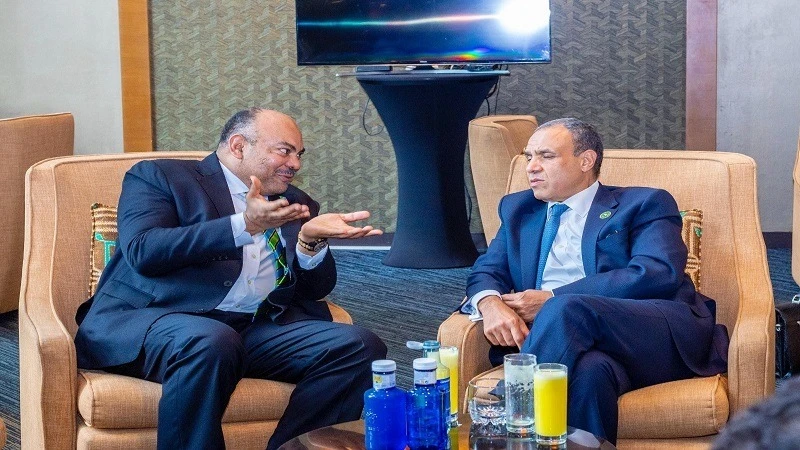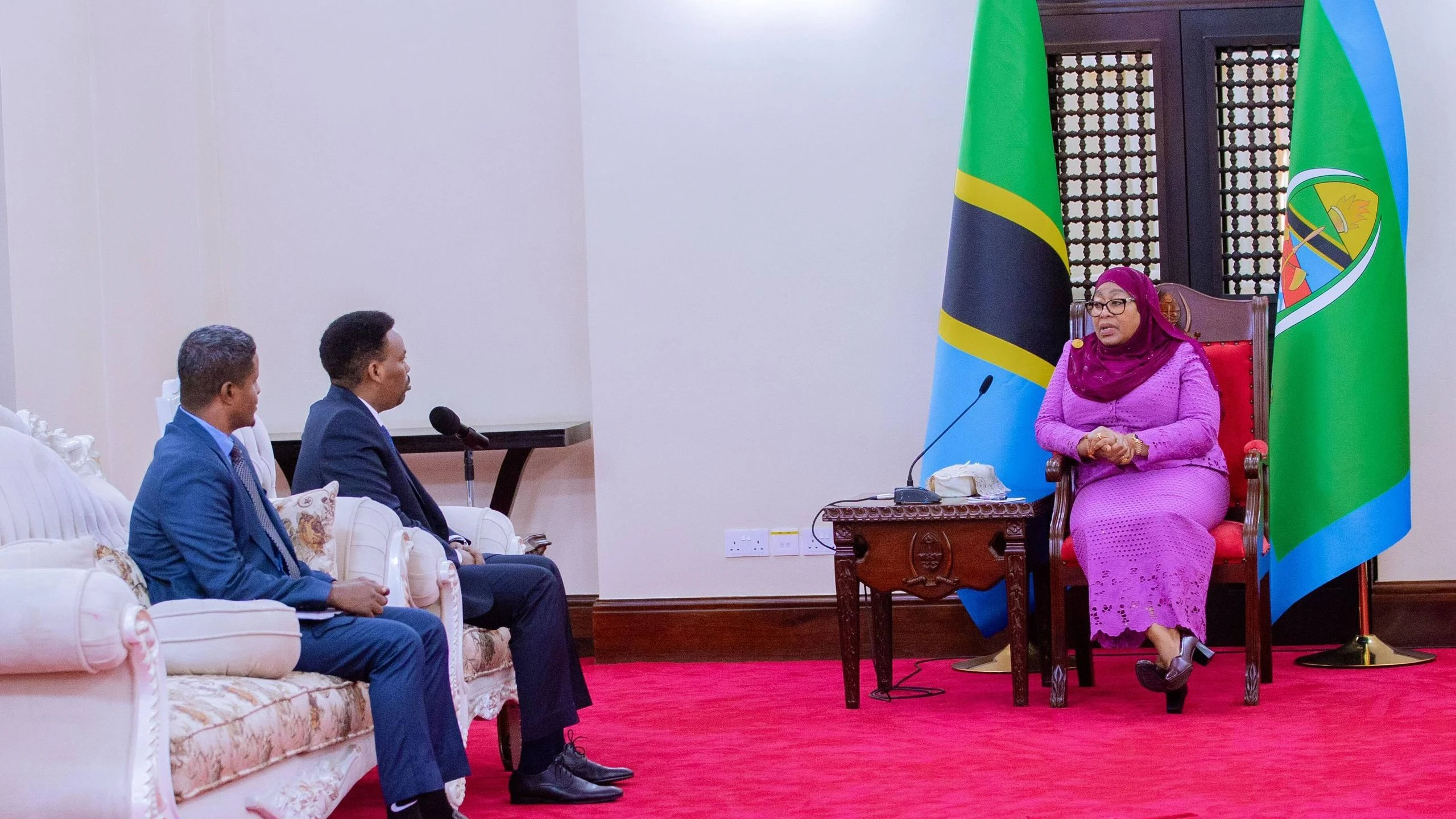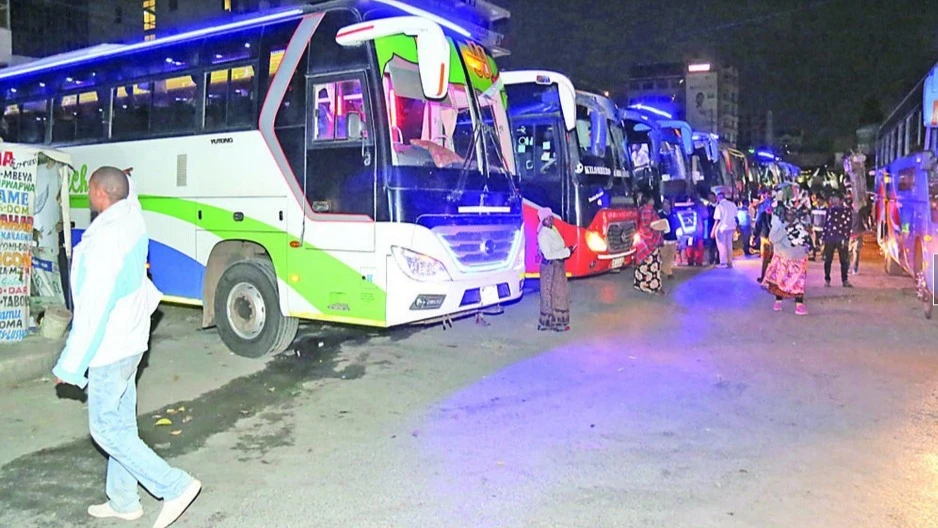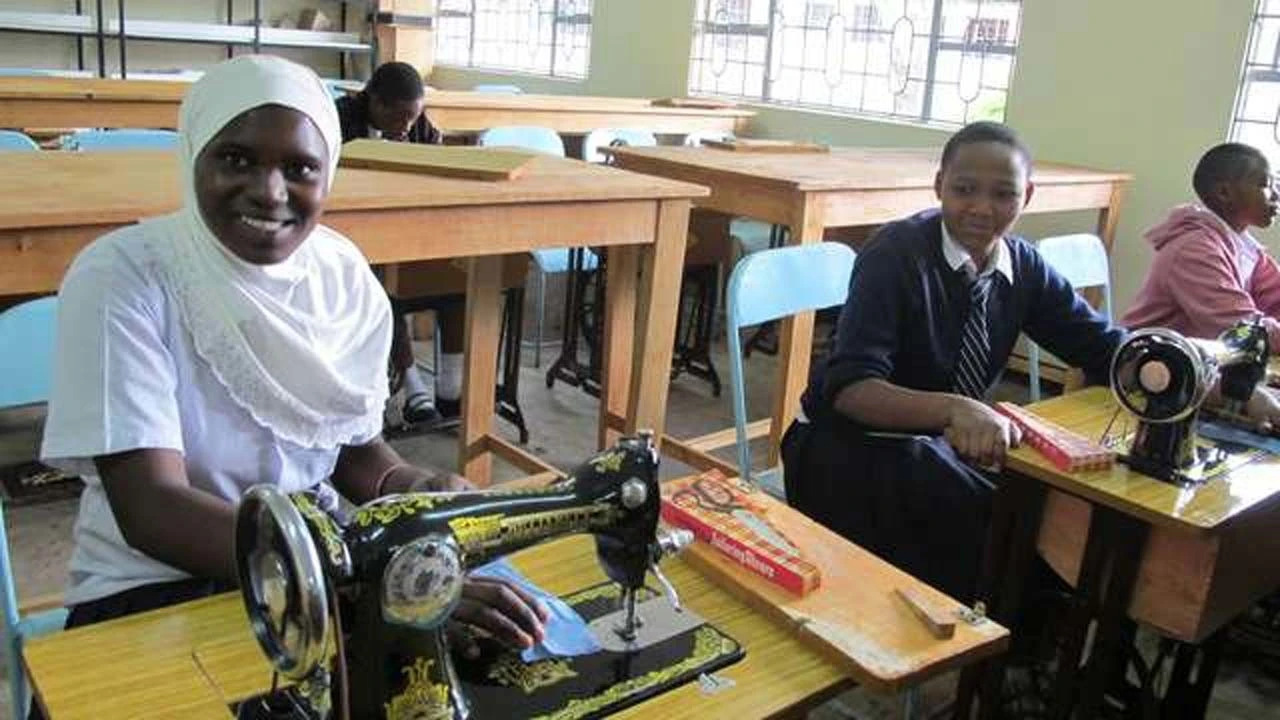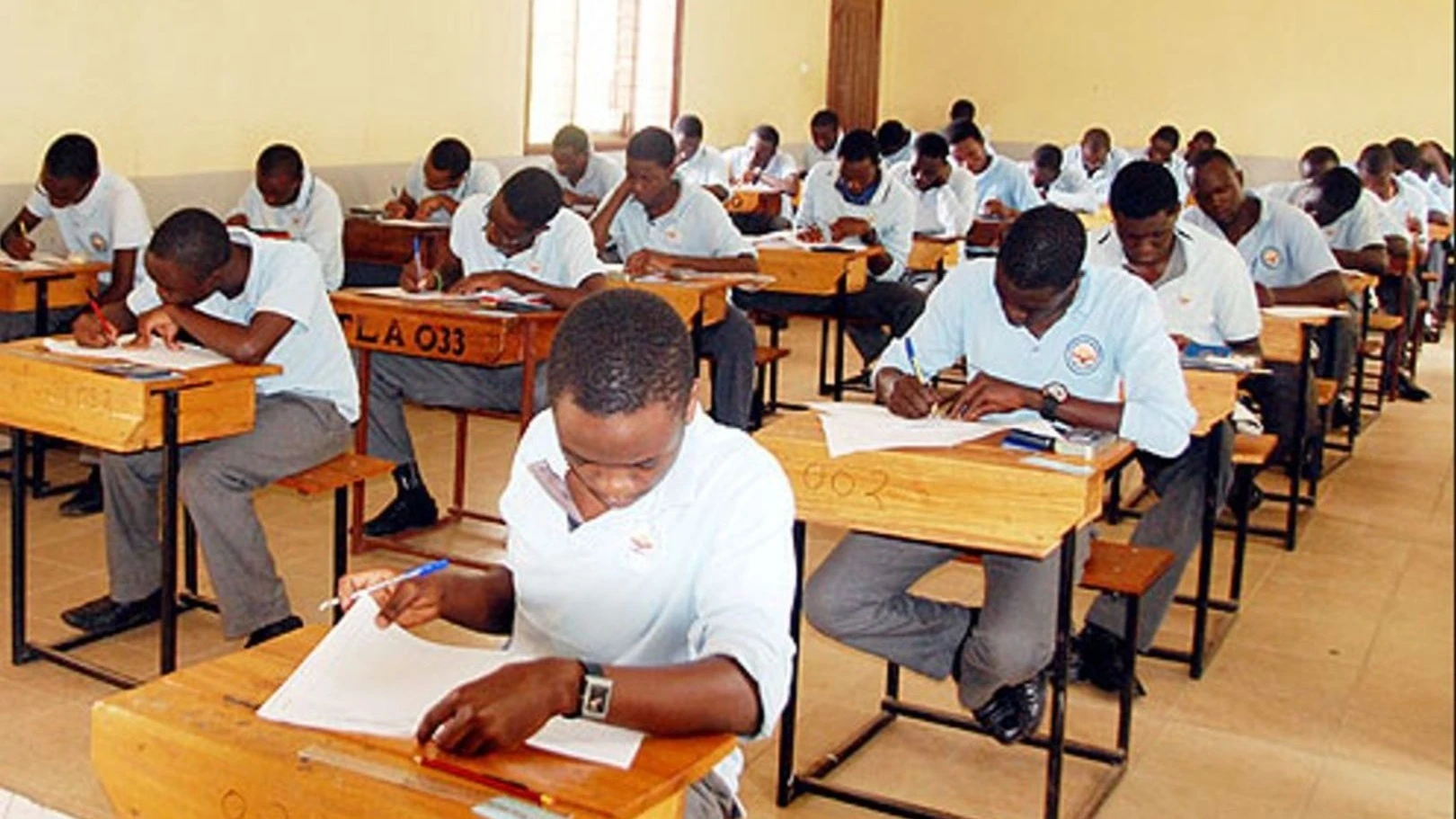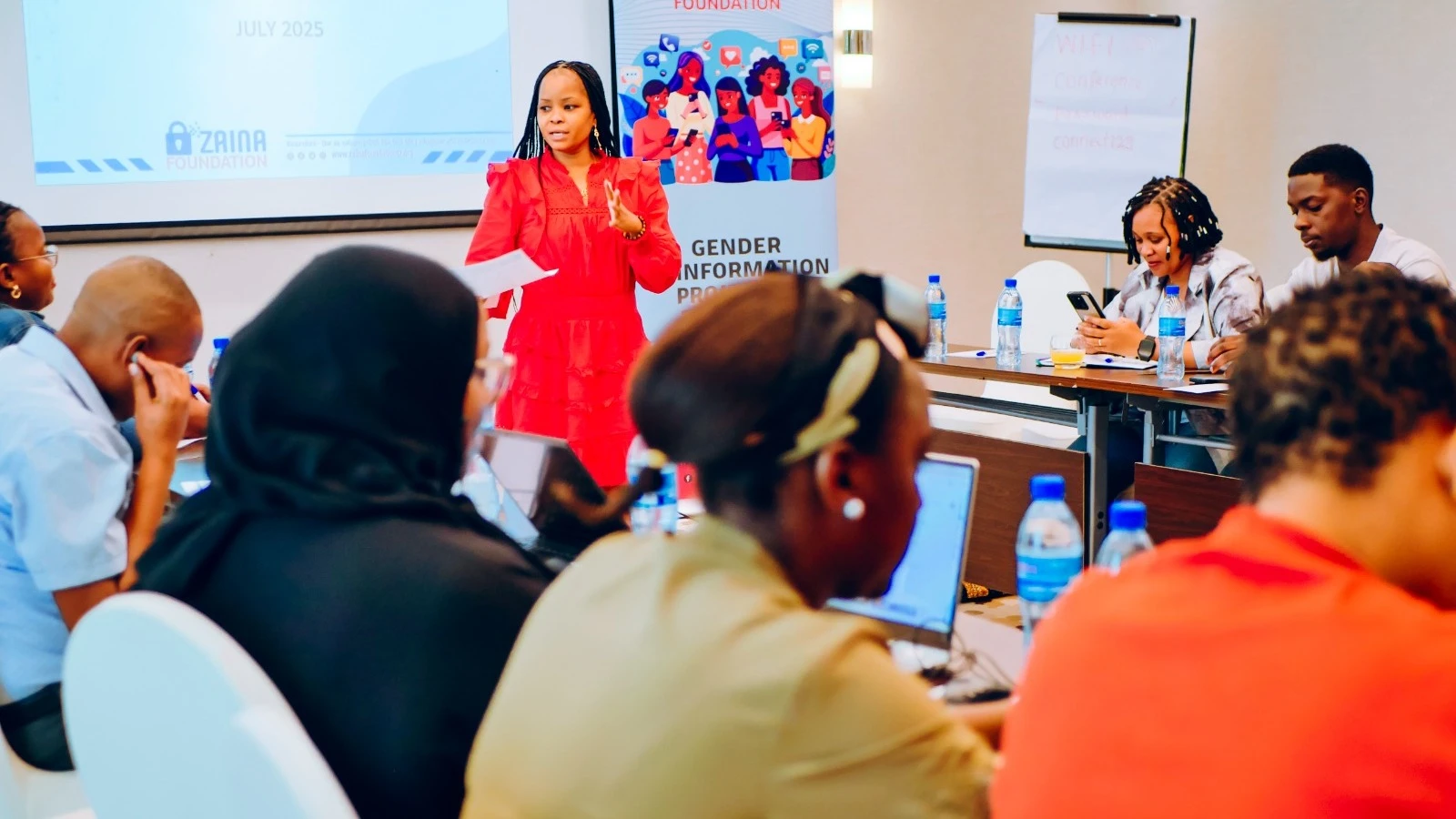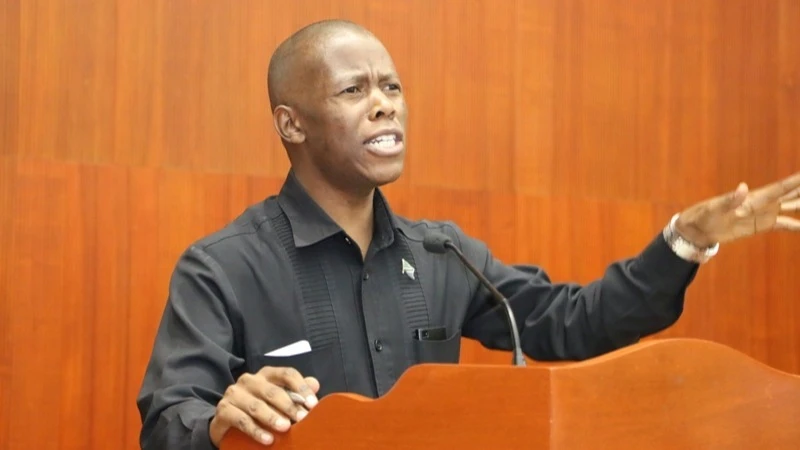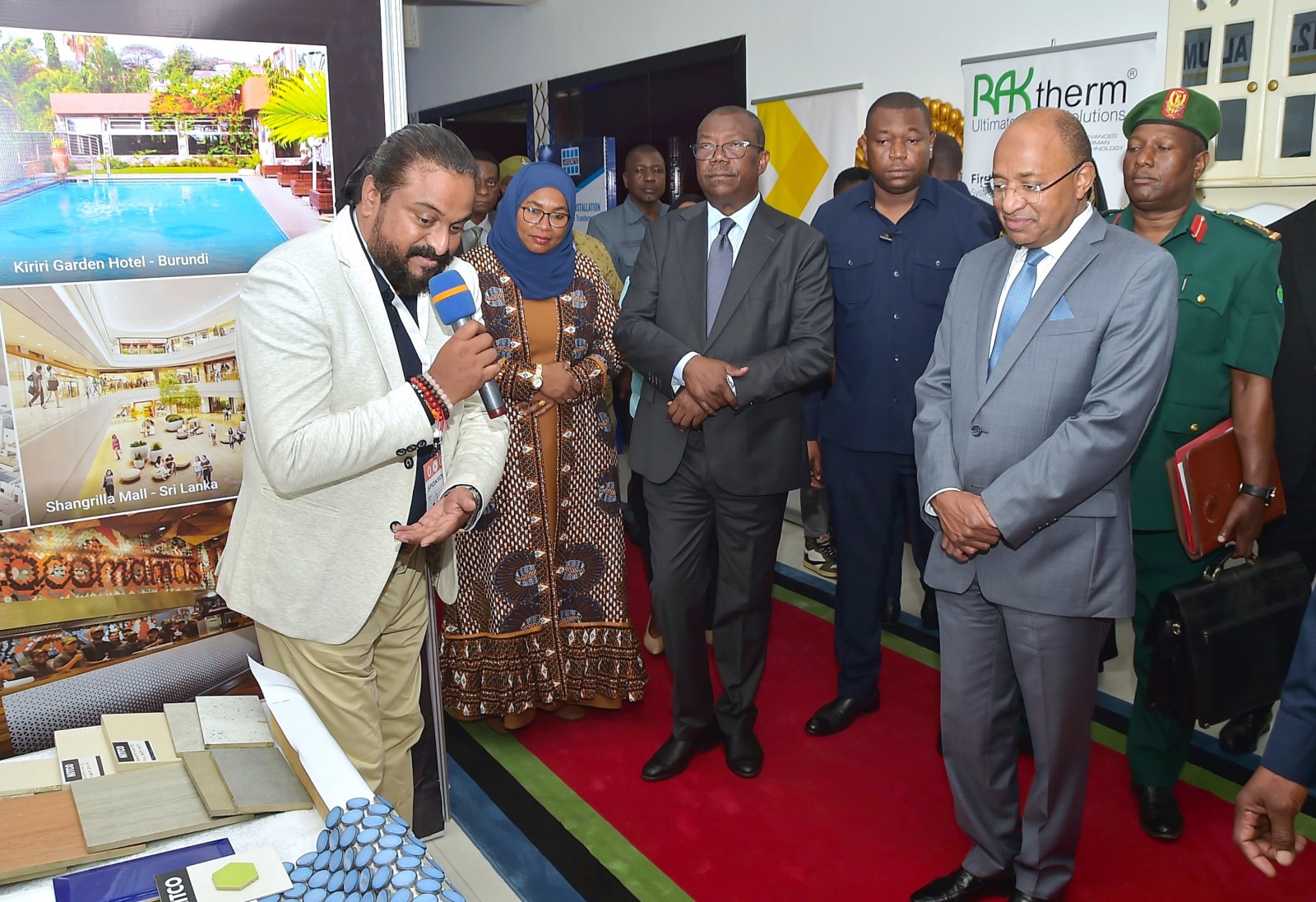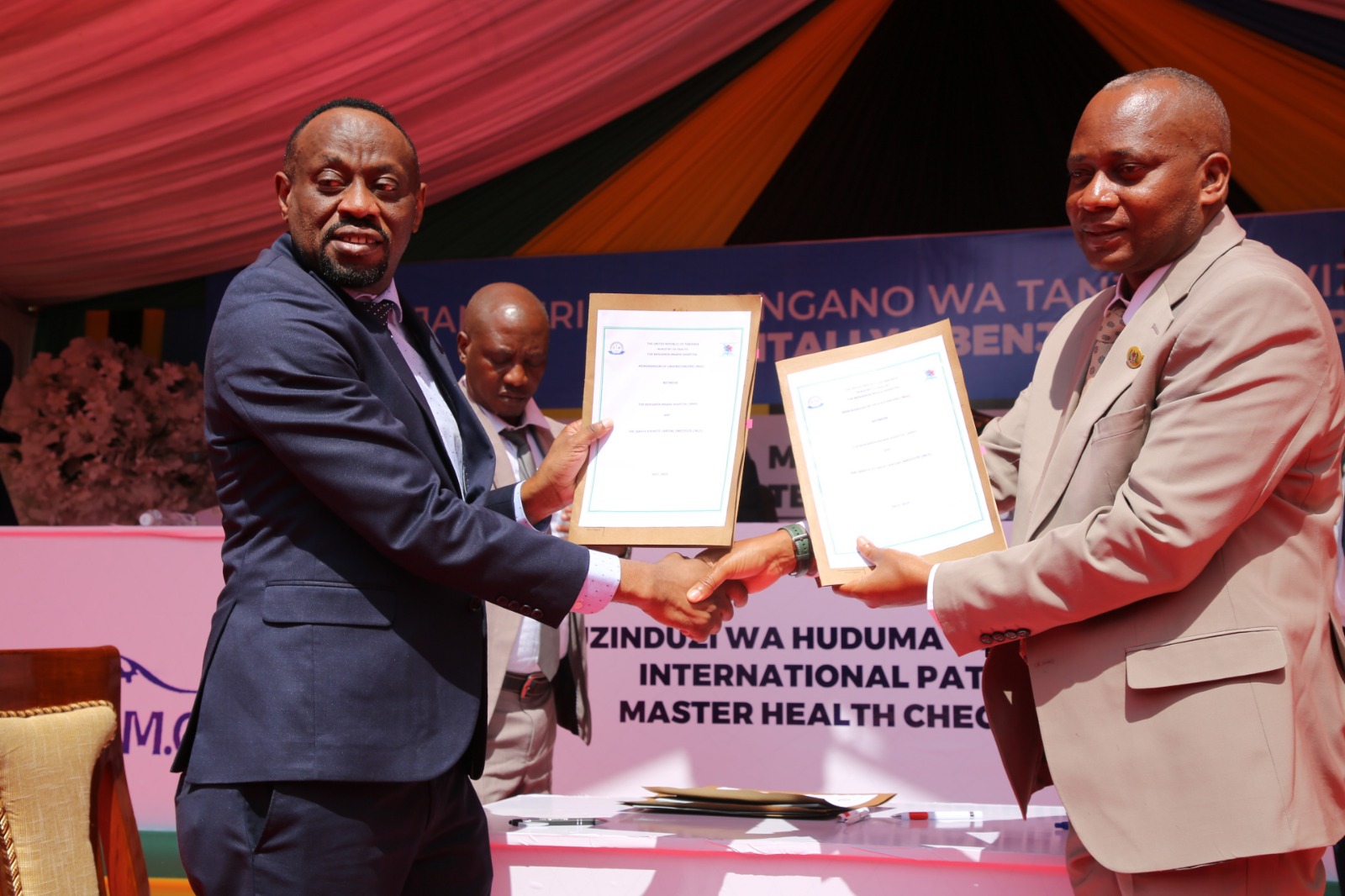Academic triumph: NECTA achieves 99.95 pcnt pass rate in Form Six’s historic results
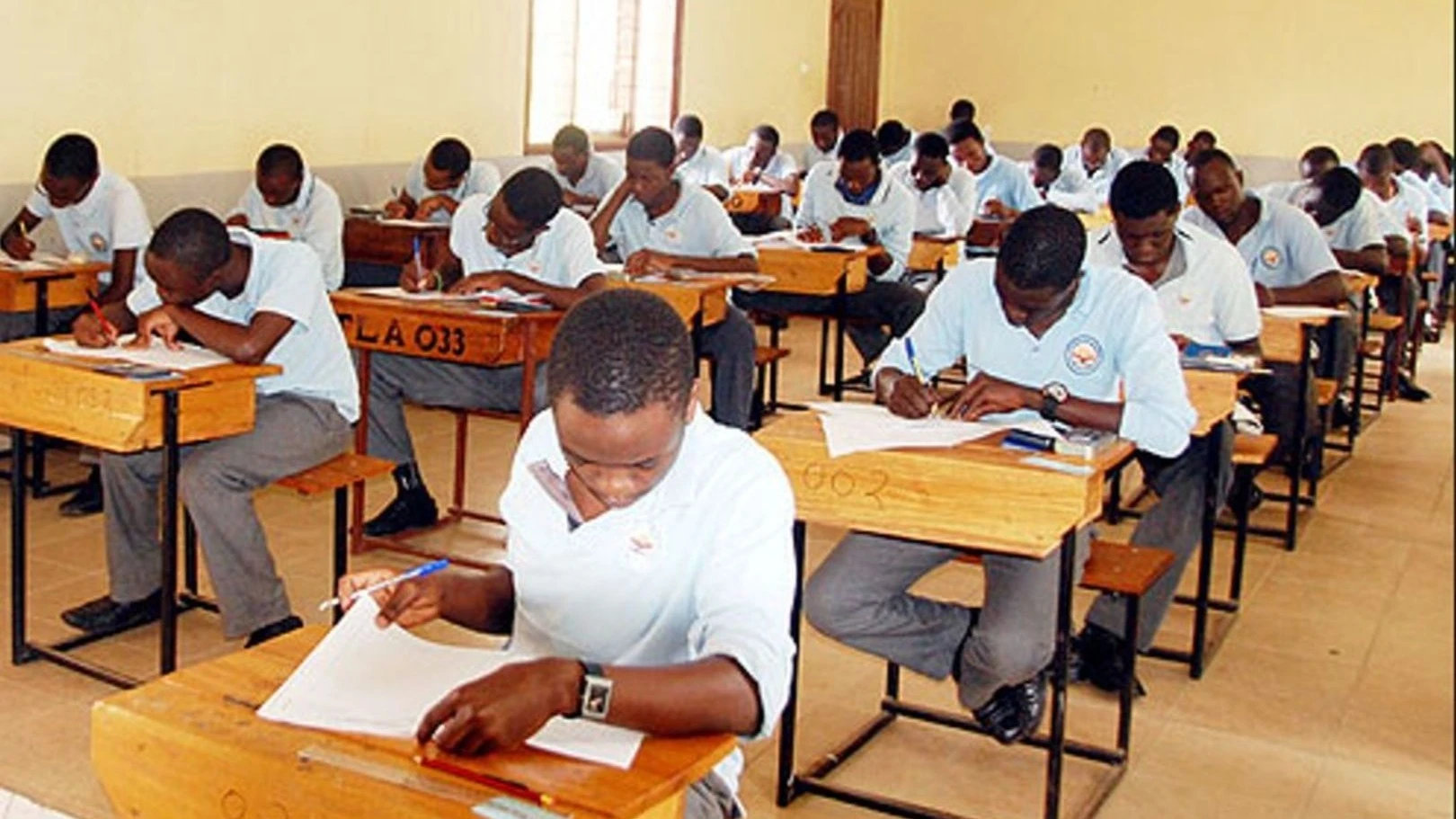
IN what many are calling an academic earthquake, Tanzania has just posted its highest-ever Form Six examination results, with an astonishing 99.95% pass rate. Of the 125,847 candidates who sat for the 2025 exams, 125,779 secured a passing grade in the range of Division I to IV.
It’s the sort of news that might typically spark celebration across the country—and it has. Yet beneath the congratulatory headlines and exuberant declarations lies a complex and sobering narrative that deserves more than applause.
A 99.5% success rate in any nation would be remarkable, but in a developing country like Tanzania, where educational infrastructure has historically faced serious constraints, it demands deeper scrutiny.
In fact, in previous years, achieving Division I in the Advanced Certificate of Secondary Education (ACSE) was something of a rarity—an academic badge of honor reserved for a select few. Fast-forward to today, and such results are increasingly commonplace, while Divisions III and IV are becoming rare sightings.
The government has quickly seized upon this moment as evidence of investment paying off, celebrating rising pass rates as a triumph of policy and leadership. But skeptics, particularly educationists and researchers, wonder whether this meteoric rise in performance is a true indicator of learning or merely a political maneuver as the country approaches its 2025 elections.
Memories remain fresh of the 2012 national Form Four exams, when over 20,000 students scored zero. The resulting public outcry led to the sacking of the then-executive secretary of NECTA and the formation of a commission to investigate the failure.
As Professor Omari of the University of Dar es Salaam once noted at the time, “We didn’t need a commission to know why this happened. Students had passed Form Two without screening because the leaders didn’t want to lose votes. The damage was political, not pedagogical.”
So, is today’s performance a testament to improved pedagogy, or is it political theater? On July 7, while releasing the 2025 Form Six results from Zanzibar, NECTA’s Executive Secretary, Prof. Said Mohamed, appeared confident.
He noted not only the increase in the overall pass rate from 99.92% in 2024 to 99.95% in 2025, but also the rise in quality: 99.62% of students obtained between Division I and III, a 0.22% increase from the previous year. Over 48% of candidates received Division I, and nearly 40% secured Division II.
The gender parity in performance was striking—both boys and girls passed at the same rate of 99.95%. Yet the fine print revealed subtle distinctions: the quality of performance was marginally higher among boys (99.68%) compared to girls (99.57%). Prof. Mohamed celebrated this as evidence of consistent growth in academic performance across the board. But as the numbers climb each year, questions about their authenticity grow louder.
Across sub-Saharan Africa and South Asia, a striking trend has emerged—examination results are skyrocketing, yet they tell only part of the story. In Pakistan, for example, over 90% of students in certain boards earned A grades in the 2023 Higher Secondary exams (DAWN, 2023). India isn’t far behind, with the Central Board of Secondary Education (CBSE) reporting that 14% of candidates scored above 90% in 2022 (CBSE Report, 2022). At first glance, these figures suggest an educational renaissance.
But beneath the surface, the glow fades. When these same students are assessed through international benchmarks like PISA or TIMSS, their performance plunges. In the 2018 PISA pilot, students from multiple developing countries—many celebrating record-breaking national exam scores—scored well below the OECD average in reading, mathematics, and science (OECD, 2020).
The contrast couldn’t be starker. It’s a pattern now mirrored in Tanzania’s examination landscape. As Form Six results soar to historic heights—boasting a 99.95% pass rate—it’s natural to pause and ask: are we truly witnessing a surge in academic excellence, or is this yet another case of statistical inflation concealing deeper cracks in the system?
One wonders: have Gen Z students developed IQs that surpass those of their fathers, brothers, and sisters from the late 1990s? Or is there a magic wand we’ve all missed—better teachers, smarter methods, or something else entirely? We’re not envious of these results—not at all.
But it’s fair to question why the job market continues to bemoan a generation that, despite such academic brilliance on paper, often arrives without practical skills or the readiness to perform. And if so, many are acing these national exams, why do we rarely see First Class degrees from the same students once they reach university? The achievements are real for many students, but for the system as a whole, the question remains: what are we celebrating?
Dr. Brighton Katabaro, a management and theology expert, argues that Tanzania is sailing dangerously close to these waters. “When you see such high levels of performance year after year, you start to wonder if we're measuring learning or just ticking boxes,” he remarked.
He’s not alone. Theories of assessment inflation and rote learning are gaining traction. BRAC University’s Dr. Manzoor Ahmed emphasizes that “glowing pass rates can mask deep-seated issues in assessment design, pedagogical practice, and student understanding.” UNESCO’s 2021 report revealed that nearly 50% of secondary school graduates in low-income countries fail to master basic literacy and numeracy skills.
Maybe that is why, increasingly, parents are guiding their children toward professional certificates and technical diplomas before considering traditional academic paths. “We are proud, yes,” says a Shinyanga resident, Sauda Mkumbo, whose son just scored Division I. “But what does Division I mean if he comes back home jobless after university?”
University openings have expanded, and the Higher Education Students' Loans Board (HESLB) offers financial aid to those with strong performance, but the pathway from classroom to career remains murky. Tanzania's economy struggles to absorb thousands of graduates each year. Despite their impressive grades, many find themselves unequipped with practical skills that employers demand.
This skills gap is at the heart of what Professor Mayunga Nkunya once described as "academic success without functional capacity." In his reflections on the education system, he lamented the growing divide between scholastic achievement and real-world competence. “We’ve created a system where passing exams is the end goal. But education should be about capacity building, not just certification.”
The last five years of Form Six performance tell a compelling story. In 2020, the national pass rate stood at 98.32%, with 47% scoring between Division I and II. By 2023, the pass rate had risen to 99.92%, with nearly 85% in the top three divisions.
Now, in 2025, we see not just near-universal success, but an ever-tightening clustering at the top. This may reflect improved teaching, better learning resources, and stronger academic support. Or it may reflect something else entirely: reduced rigor, manipulated assessment standards, or political pressure.
The system today seems designed to make failure nearly impossible. While this may boost national morale and strengthen the government's credibility, it also risks damaging the trust and value attached to academic qualifications.
Plato, centuries ago, cautioned that education should be for those who are equipped to receive it—not everyone automatically qualifies. Yet in modern Tanzania, we’ve democratized education to the point where the certificate is nearly guaranteed, regardless of true aptitude.
Educationists continue to call for alignment with international benchmarks, more rigorous teacher training, and assessments that measure skills, not just memorization. Professor Pauline Rose of Cambridge University insists, “Equity in outcomes must go hand in hand with quality and credibility of those outcomes.”
Indeed, as Tanzania moves toward an education system that looks more inclusive and successful on paper, the experience tells a more complex story. Students celebrate victories they’ve worked hard for, families cherish the hope of a better future, and the government promotes progress. But behind the successes, a question remains: what exactly are we measuring?
The landslide results of 2025 are a mirror—a reflection of ambition, investment, hope, and perhaps, of strategic illusion. As one Tanzanian teacher, who requested anonymity, put it, “Sometimes, I think we’re not teaching students anymore. We’re preparing them to pass exams. There’s a difference.”
Until the nation honestly confronts what is behind its shiny results, the risk remains that today's Division I could become tomorrow’s disappointment. The applause is loud, but so is the need for a more grounded, accountable, and transparent education system. Only then will academic success truly reflect what it is supposed to represent.
Top Headlines
© 2025 IPPMEDIA.COM. ALL RIGHTS RESERVED











